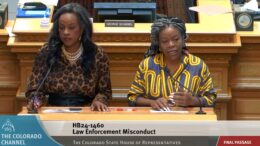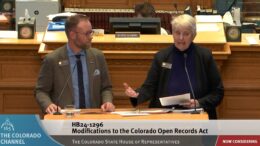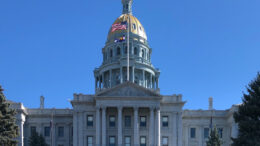Wrap-up: Tally of open-government losses in 2024 Colorado legislative session could’ve been higher
It could have been worse. While open-government losses far outnumbered wins in the 2024 session of the Colorado General Assembly, the death of a burdensome Colorado Open Records Act bill in the closing days helped make the final tally a little less one-sided.









